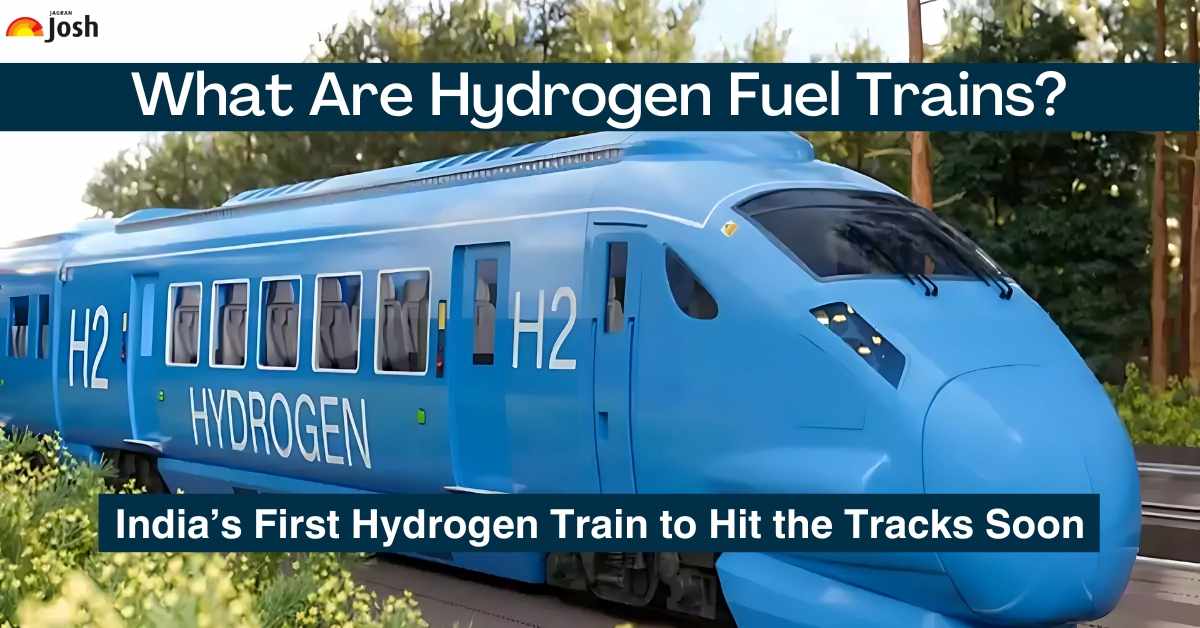Revolutionizing Railways: The Promise of Hydrogen-Powered Trains
Key Ideas
- Hydrogen trains use fuel cells to generate electricity, offering a zero-emission transport solution that produces only water vapour.
- India's commitment to achieving net-zero carbon emissions by 2070 aligns with the introduction of hydrogen-powered trains on the Kalka-Shimla route.
- Advantages of hydrogen trains include zero emissions, reduced noise, energy efficiency, and versatility in operating on electrified and non-electrified tracks.
- Global initiatives in countries like Germany, China, France, the UK, and North America showcase the growing adoption of hydrogen-powered trains for sustainable transportation.
Hydrogen fuel trains are emerging as a revolutionary advancement in the transportation sector, offering a clean and sustainable alternative to traditional fossil fuel-powered trains. By utilizing hydrogen in fuel cells to produce electricity, these trains achieve zero emissions, with only water vapour as a byproduct. India's upcoming launch of its first hydrogen train on the heritage Kalka-Shimla route signifies a significant step towards decarbonizing the railway sector and reducing air pollution.
Hydrogen trains operate by converting the chemical energy of hydrogen into electricity through fuel cells, leading to a propulsion system that emits only water vapour. This technology enables efficient operation, reduced noise levels, and long-range capabilities between refuelling. The benefits of hydrogen-powered trains extend beyond environmental advantages, including energy efficiency, infrastructure compatibility, and quiet operation, making them a promising solution for both passenger and freight transportation.
Countries like Germany, China, France, the UK, and North America have already made strides in implementing hydrogen-powered trains, emphasizing their commitment to sustainable and innovative transportation solutions. The global trend towards adopting hydrogen trains showcases the growing recognition of their benefits in reducing carbon footprint, improving air quality, and promoting energy efficiency.
Overall, the introduction of hydrogen-powered trains represents a pivotal moment in the transition towards sustainable and eco-friendly transportation systems, aligning with India's ambitious goals of achieving net-zero carbon emissions by 2070 and setting a precedent for other countries to follow suit in embracing clean energy initiatives.
Topics
Fuel Cells
Environmental Impact
Clean Energy
Innovation
Energy Efficiency
Public Transport
Sustainable Transportation
Infrastructure Upgrades
Railway Decarbonisation
Latest News
